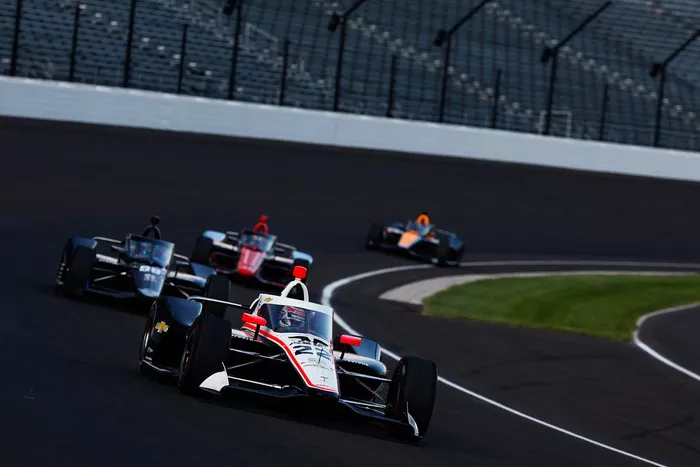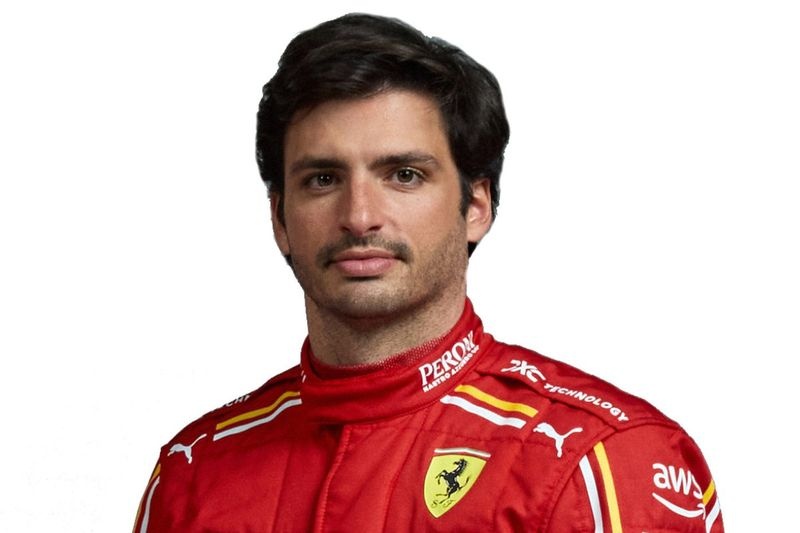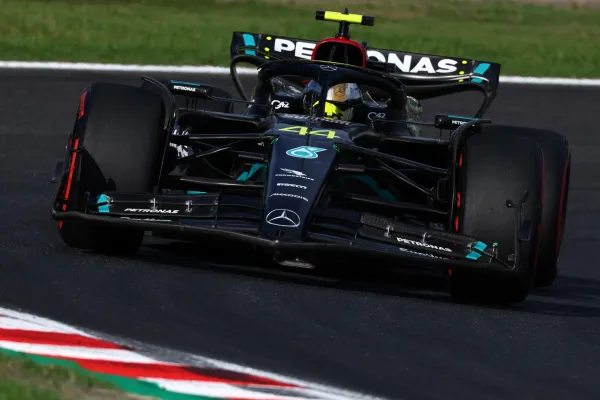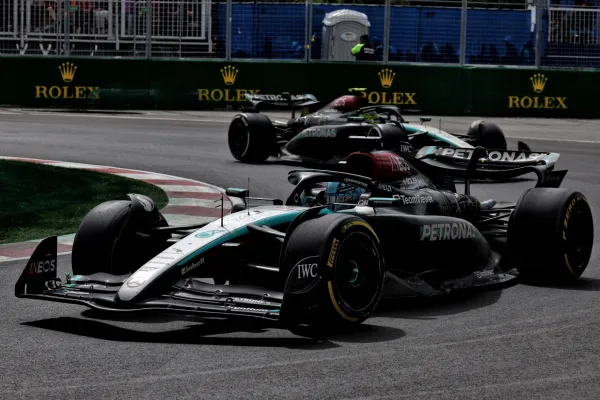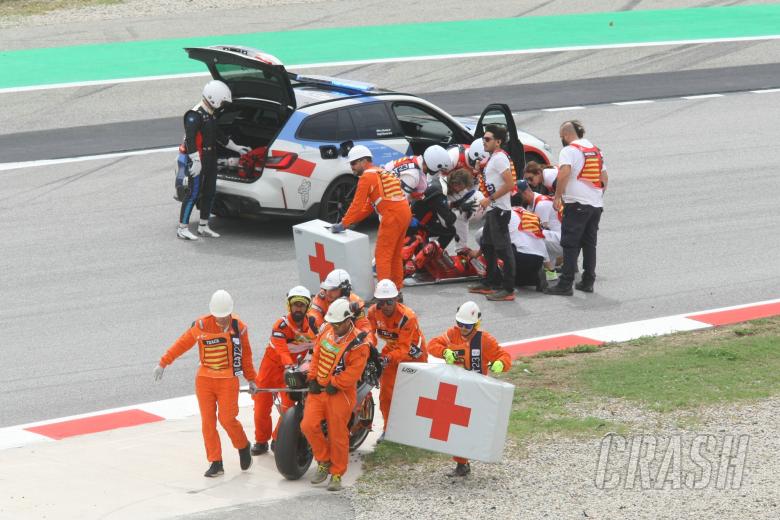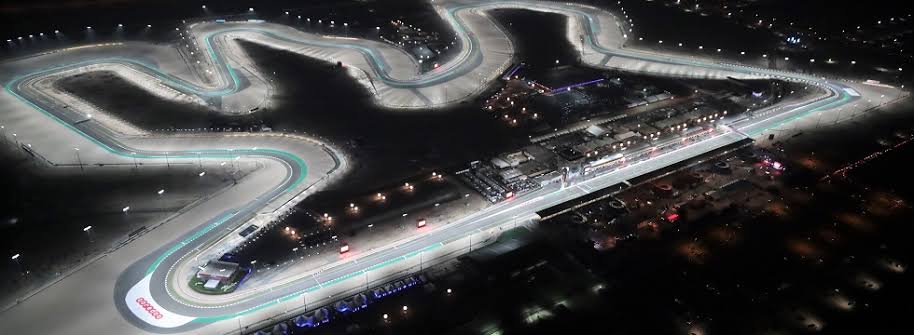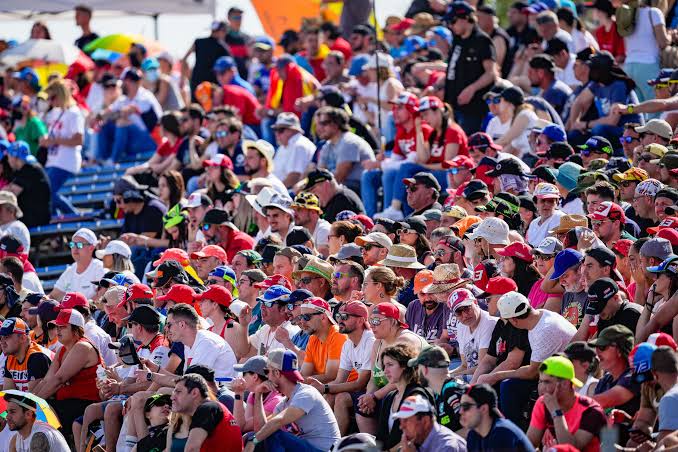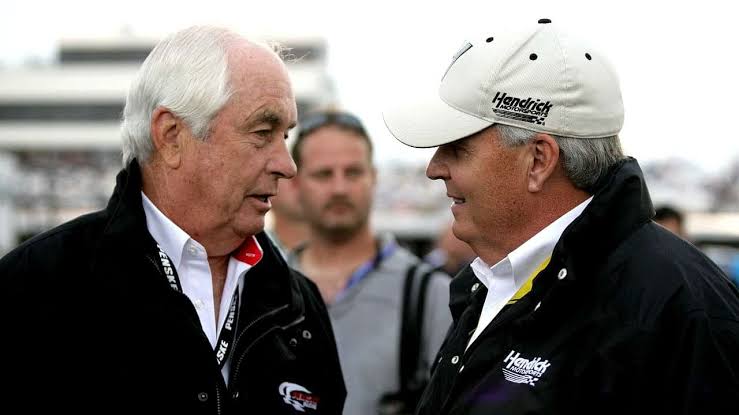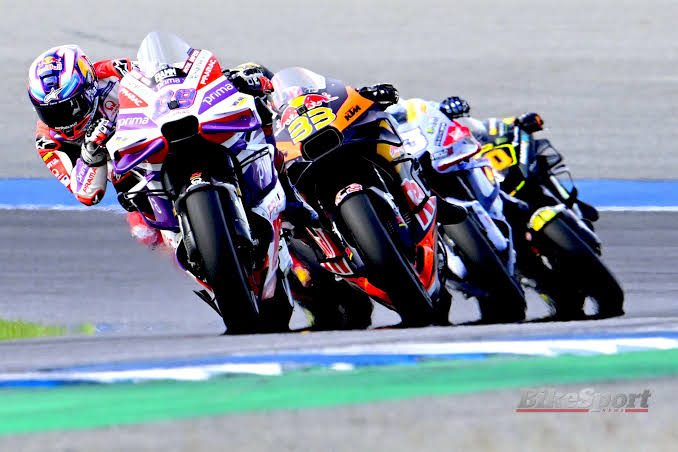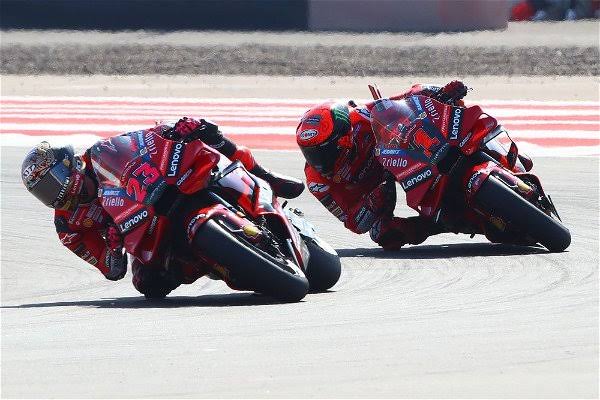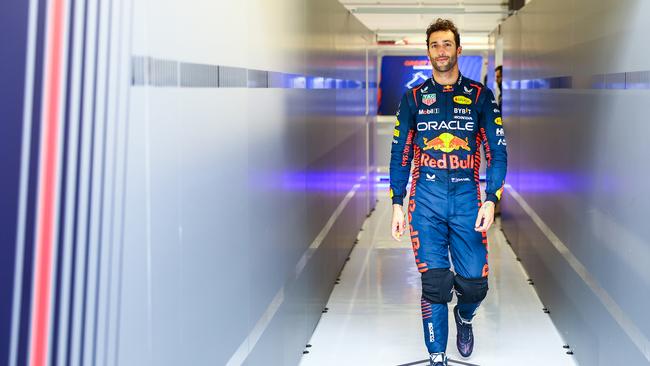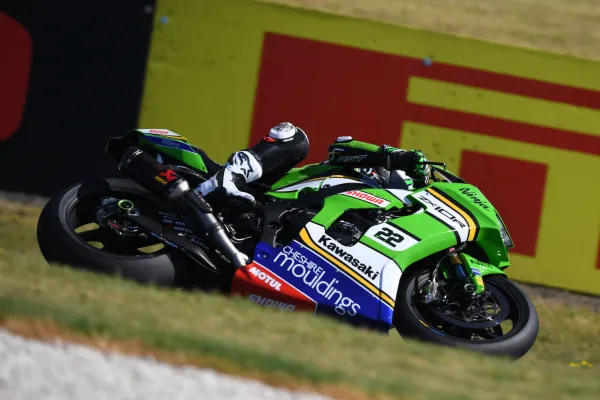Belgian Grand Prix’s Future On The F1 Calendar
Undoubtedly one of the most iconic and beloved races on the Formula 1 calendar continues to be the Belgian Grand Prix; however, Formula 1 remains in flux as the sport further grows globally. The calendar for 2025 is out, and the question over the future of this historic event at the iconic Spa-Francorchamps is the continued source of conjecture among enthusiasts in every form.
Historical Significance
The Belgian Grand Prix is one of those races that hold a special place in the history of Formula 1, having been part of the World Championship since its inauguration in 1950. With its challenging layout, Spa-Francorchamps has given F1 racing some of its memorable moments over the decades.
Iconic Features
Eau Rouge-Raidillon complex: The famous uphill corner sequence, widely regarded as one of the most challenging and thrilling corners in motorsport.
Setting: The Ardennes Forest is a unique and picturesque backdrop to the track and can be quite fickle with its weather.
Long, at 7.004 km, Spa is the longest circuit on today’s F1 calendar, therefore offering a quite special challenge to both drivers and teams.
Recent Challenges
With all this history, and being the favorite of many drivers and fans alike, over the past couple of years, the Belgian Grand Prix has experienced a number of problems that had put its position on the F1 calendar into doubt.
Financial Struggles
The event has faced financial challenges, especially in paying the rising hosting fees that Formula 1 requires. This kind of economic pressure placed the race in uncertain territory for the future.
Infrastructure Concerns
While Spa-Francorchamps has gone through several upgrades over the years, there are continuous talks in regard to when more is actually needed to suit F1’s ever-changing criteria with regards to facilities and safety.
Competition from New Venues
But as Formula 1 pursues an aggressive expansion into new Middle Eastern and Asian markets, traditional European races like the Belgian Grand Prix are finding themselves under increasingly fierce competition for precious calendar slots. A push for diversity in its race locations has placed pressure on some of the sport’s classic venues.
2025 Calendar Placement
The publication of the 2025 Formula 1 calendar has shed some light on the short-term future of the Belgian Grand Prix. It is due to run on July 27, 2025, as part of a double-header with the Hungarian Grand Prix.
Strategic Positioning
The important aspect of the Belgian Grand Prix is its place right before the summer break. It puts in Formula 1, still regarding this event as an important point in the championship narrative, making it at that moment in the season where teams and drivers will want momentum going into the break.
Sprint Race Host
In a new development for 2025, Spa-Francorchamps has chosen one of those six venues with the hosting duty of a sprint race, perhaps a justification of confidence about this circuit to generate thrilling racing and thus increasing its appearance towards fans or sponsors.
Efforts towards the Securing of the Future
The precarious position of the Belgian Grand Prix has seen, for the last few years, efforts from different quarters to have it retained on the F1 calendar for the long term.
Government Support
It has since enjoyed increased support from the Belgian government, particularly the Walloon region in which Spa-Francorchamps is based, both financially and in terms of developing an infrastructure around the circuit.
Circuit Upgrades
The most modernization in the area of Spa-Francorchamps was related to the improvement concerning safety and more comfortable spectator conditions and greater accessibility to better viewing points around the track:
Expanded run-off areas at key corners
New grandstands and viewing areas
Improved access roads and parking facilities
Promotional Efforts
The race organizers have been striving to enhance the experience for the spectators by improving:
Expanded fan zones with interactive experiences
Improved camping facilities for race attendees
More entertainment throughout the race weekend
Fan and Driver Support
Arguably, the most telling reason why the Belgian Grand Prix should stay in the F1 calendar is its incredible popularity among both fans and drivers alike.
Driver Opinions
Several of the current and former F1 drivers have been highly vocal about retaining Spa-Francorchamps on the calendar because it is an extremely challenging circuit, it has historical importance, and, in total, it gives a special atmosphere.
Fan Attendance
Despite the sometimes tricky weather conditions, the Belgian Grand Prix has always been capable of commanding big crowds. The passion of the fans, many of whom make the trip from neighboring countries, creates a special atmosphere that is valued by the F1 community.
Economic Impact
The Belgian Grand Prix holds a significant place in the local and regional economy, adding weight to arguments for its continuation.
Tourism Boost
The weekend of races also draws in a great deal of tourists in the Ardennes, which for hotels and restaurants is news one can only be very pleased to hear.
International Exposure
This means exposure for Belgium as a tourist destination in front of a global audience, highlighting the natural beauty and cultural heritage of the country.
Balancing Tradition and Progress
As Formula 1 continues to develop further, the juggling between its rich history and its ambitions for global expansion and modernization becomes increasingly difficult.
Heritage Tracks vs. New Venues
The fate of the Belgian Grand Prix, as well as that of other classic European races, reflects a larger debate in F1 between the need to hold onto its roots and expanding into new markets.
Rotation System Proposals
One idea that has been floated is some sort of rotation system whereby some of the traditional races could take turns on and off the calendar. This way, F1 would be able to keep ties with historic venues while making room for new locations.
Environmental Considerations
As Formula 1 is increasingly seen as a world of sustainability, the environmental impact from races has cropped up as part of the decisive factors on the calendar.
Spa-Francorchamps’ Initiatives
The circuit has been implementing various eco-friendly measures, which include:
Installation of solar panels
Waste minimization programs
Public transport promotion to the race attendees
These initiatives also come under F1’s wider goals of sustainability and could play a role in securing the future of the event.
Looking Ahead
The Belgian Grand Prix has its place in the 2025 calendar guaranteed, but at the same time, it is an issue of continuous negotiations and strategic planning over its long-term future.
Contract Negotiations
The current deal to stage the Belgian Grand Prix expires after the 2025 season, so discussions about an extension will most likely be the key factor for the next few months.
Adapting to the Vision of F1
Similar to others, finding a place for Spa-Francorchamps on the F1 calendar beyond 2025 involves additional updates in facilities and the event as a whole, another sign of the evolving requirements of the sport.
Possible innovations
The Belgian Grand Prix can work on enhancement in its appeal and viability regarding exploring more innovative ideas in such aspects:
Night racing possibilities
Improved digital and virtual experiences for fans
Integration with F1’s growing entertainment portfolio
Conclusion
The Belgian Grand Prix at Spa-Francorchamps stands at an important juncture as F1 balances its rich heritage with its global ambitions. Its place on the 2025 calendar, featuring a Sprint event, underlines its ongoing value to the sport. But the long-term future of this iconic event will be decided by a complex interplay of factors: financial viability, infrastructure improvements, fan engagement, and alignment with F1’s strategic vision.
But the Belgian Grand Prix, in looking toward its future, spoke poignantly about trials and opportunities that come before traditional European races in this modern era of F1. And for character-firing arguments for its continuation, the circuit simply had no parallel in history. It can’t ignore the shifting global landscape in motorsport reality.
The next few years will be important in establishing Spa-Francorchamps as either a dead-cert staple of the F1 calendar or a track that needs to adapt to the new reality of rotation or one-off appearances. Whatever the outcome, the Belgian Grand Prix has earned a place in history as one of the most exciting and highly regarded Formula 1 races of all time, and its impact on the sport will be felt for generations to come.

